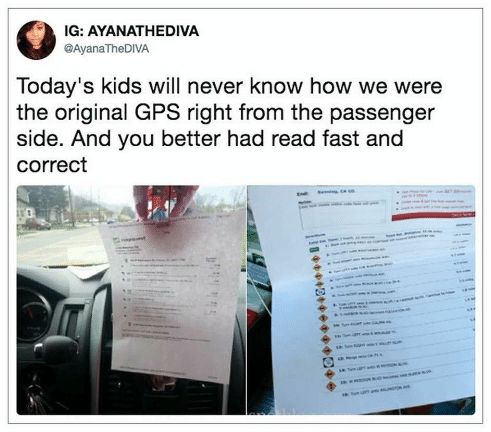Last week, Epic announced it is partnering with Mapquest to ‘enable location services within its EHR system’. Three questions come to mind immediately: First, what in the world is Mapquest doing these days? Second, how is Epic thinking about incorporating location into its EHR workflows? Finally, does it mean that we can begin expecting EHRs to serve as a provider-governed ‘source of truth’ solution around practice location data?
Yes, Mapquest is still around. A quick run-down of their history since you last remembered using them in 1999 to print directions to your local cinema to watch Star Wars: The Phantom Menace. Nine months after going public in February 1999, a period of time that included the dot com crash, Mapquest was acquired by AOL. They chugged along until 2005 when Google launched Google Maps (which you probably use now to find ‘soup dumpling places near me’). You may remember that Verizon acquired AOL in 2015, and Verizon then sold Mapquest to System1 in 2019. While Mapquest still has a consumer-facing mobile app and their directions website at mapquest.com is up, at some point, they shifted their focus to b2b services where they license their underlying geocoding, location search, and spatial database to other companies looking to make their business workflows location-aware. Think Papa Johns delivery people or Verizon’s field staff and how they could benefit from smart location functionality in their dispatch workflows.
How is Epic thinking about location awareness? System1’s press release describes patients finding service locations closest to them, getting to appointments faster, and alerting front staff when they arrive. It sounds like they are thinking about use cases centered around patient appointments (provider search and selection, navigation, and check-in). Beyond the appointment workflows, Epic also mentions home health and implies epidemiology use cases (‘disease related-hunches’).
It will be interesting to see how Epic incorporates location into its workflows, what use cases it prioritizes, and whether having a ‘source of truth’ for location is in the cards. Many third-parties (vendors handling listings management and wayfinding, and health insurers) that work with health systems and practices find it challenging to get good practice location data. If the EHR natively supports the governance of this data, and assuming the responsibility of governance is formally assigned within the provider organization, there may be significant industry-wide benefits of better practice location data.
